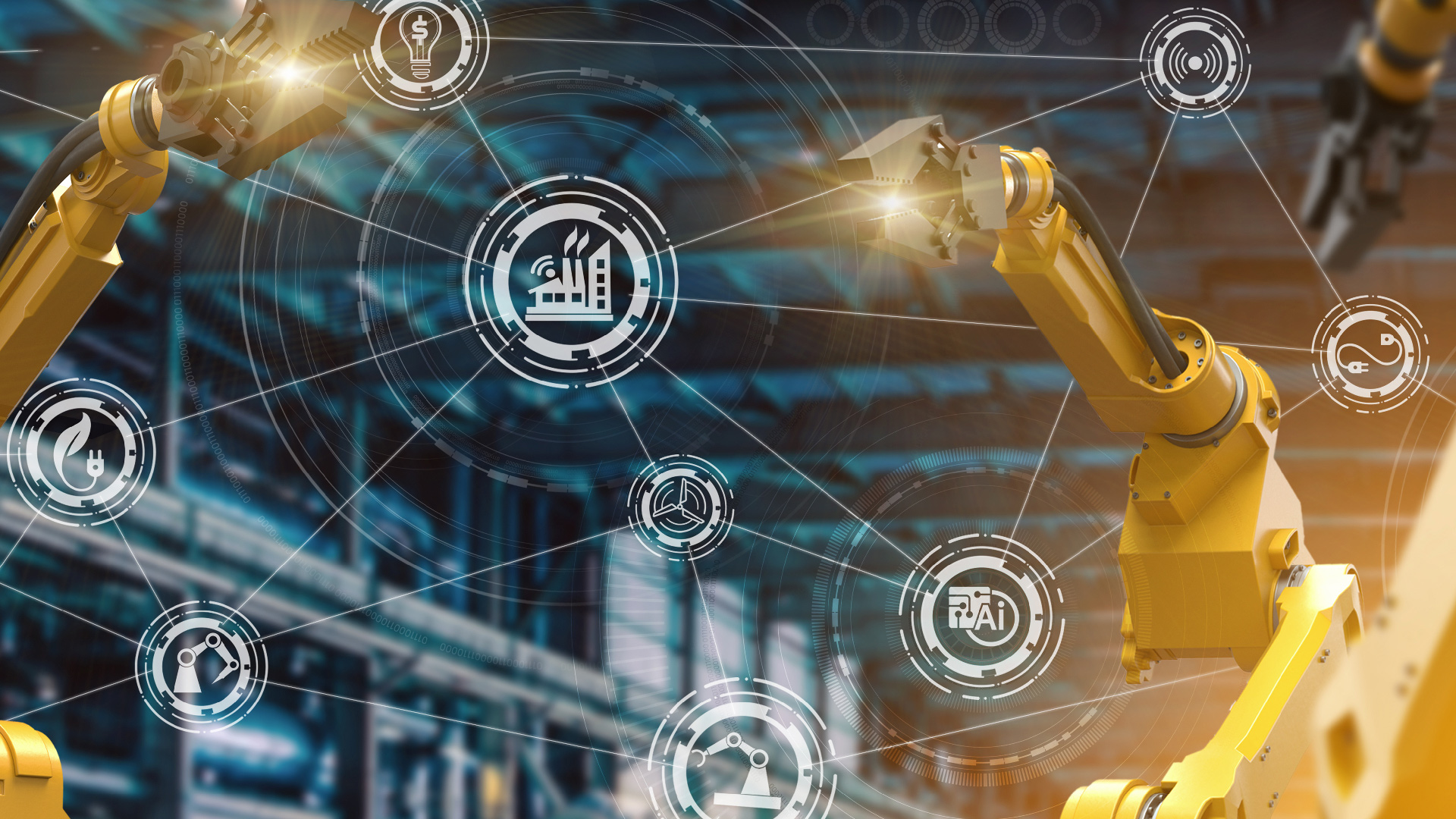 In an era dominated by the inexorable rise of Industry 4.0, the profound impact of advanced technologies on the employment landscape cannot be overstated. The synergy between artificial intelligence, industrial IoT networks, big data, robotics, and automation defines this paradigm shift. The realization that nearly half of current jobs can be automated raises pertinent questions about job security and the evolving nature of work.
In an era dominated by the inexorable rise of Industry 4.0, the profound impact of advanced technologies on the employment landscape cannot be overstated. The synergy between artificial intelligence, industrial IoT networks, big data, robotics, and automation defines this paradigm shift. The realization that nearly half of current jobs can be automated raises pertinent questions about job security and the evolving nature of work.
In this article, Mr. Vivek Pandit, COO, Generation India Foundation, delves into the imperative of skilling and upskilling to navigate the challenges posed by Industry 4.0. He points towards the dichotomy between a workforce equipped with emerging skills and those left behind, accentuating the urgency for preparedness.
The article advocates for a collaborative approach involving educational institutions, industries, and governments to facilitate access to platforms for learning new skills. It explores the integral role of businesses as the vanguards of Industry 4.0 as well as governments which must focus on formulating policies that incentivize skilling and foster collaboration between academia and industry.
Neglecting these imperatives, the article warns, could lead to a digitally divided and technologically obsolete workforce, exacerbating social and economic inequality. It asserts that the fourth industrial revolution should serve as a catalyst for progress, ensuring that no substantial segments of society are left behind in the transformative journey toward a digitally integrated future.
Article begins:
Quoting from an IBM study: "AI won’t replace people, but people who use AI will replace people who don’t”
According to an analysis by McKinsey Global Institute, roughly half of our jobs could be done by existing automation technologies. The question that is in the minds of most people in white collar jobs (and beyond) is – Will their jobs be replaced by technology? And if you have not thought of this, you should too. A lot of these fears stem from what is called the emerging Industry 4.0 technologies. For the uninitiated, Industry 4.0 or Industrial revolution 4 can be defined as the integration of intelligent digital technologies into manufacturing and industrial processes, including a set of technologies like industrial IoT networks, AI, Big Data, robotics, and automation.
Despite its potential for significant economic growth, Industry 4.0 poses challenges regarding workforce readiness. The rapid adoption of these emerging skills creates a virtual divide, categorizing the workforce into those with these skills and those without.As per World Economic Forum, 1.1 billion jobs are liable to be radically transformed by technology in the next decade and therefore,emphasizing skilling and upskilling becomes vital to bridge this gap and capitalize on the opportunities presented.
So how does the Engineering student of today or any young worker safeguard himself/herself from these technologies? The key skills for success and building an inclusive workforce will include two aspects- adaptability and lifelong learning. Individuals must recognize the changing world and acquire new skills, encompassing analytical ability, critical thinking, familiarity with emerging technologies, eagerness to learn about upcoming technologies, effective problem-solving, versatility as both a team player and leader, ideation, and innovation.
However, preparing for Industry 4.0 is not a one-time effort; it demands continuous commitment from everyone. Yet, the question arises: Who should be responsible for this?
a. A collaborative approach involving educational institutes, industries, and governments is essential to ensure individuals have access to the right platforms for learning new skills and accessing opportunities. What's imperative is fresh investments in preparation for the jobs of the future, equipping individuals with the skills needed to transition into these emerging job roles, and establishing educational systems that adequately prepare the youth for the evolving economy and society.
b. Businesses play a crucial role as the driving force behind Industry 4.0. Investing in employee training programs aligned with current and future industry needs is crucial. In the corporate sector, considering skill development as an investment in their most valuable resource—their workforce—is quintessential.An example of this is NASSCOM prime which is an innovative and evolutionary ecosystem designed to equip learners with cutting-edge skills essential in today's rapidly evolving digital landscape.
c. Governments also bear significant responsibility, involving formulating policies that incentivize businesses to invest in workforce skilling, providing financial support for individuals seeking to upskill, and fostering collaborations between academia and industry. A proactive government approach ensures the equitable distribution of the benefits of Industry 4.0.The Indian government has set a clear agenda to make Indian youth ready for next-generation technologies. The aim is to skill lakhs of youth over the next few years,with specific demand based skilling and sector specific skilling i.e. they will be trained with skills that are relevant in the industry.
d. The Learner /student - By taking charge of their learning paths, individuals can adeptly navigate the challenges and opportunities posed by advanced technologies. As the significance of AI and other technologies rises, learners must take proactive measures to stay abreast of the evolving technological landscape. This includes being aware of change in technologies, conducting research and enrolling in short bootcamps/learning programs that can enhance their job-related skills.
Neglecting these imperatives has severe consequences, leading to a digitally divided and technologically obsolete workforce, threatening social cohesion and exacerbating economic inequality. The fourth industrial revolution should be a catalyst for progress, ensuring that no substantial segments of society are left behind.
In conclusion, "Skilling for Industry 4.0: Embracing Advanced Technologies" is a call to action. Achieving a digitally inclusive future requires commitment at every level—from individuals updating their skills to governments formulating policies that empower the workforce.





 In an era dominated by the inexorable rise of Industry 4.0, the profound impact of advanced technologies on the employment landscape cannot be overstated. The synergy between artificial intelligence, industrial IoT networks, big data, robotics, and automation defines this paradigm shift. The realization that nearly half of current jobs can be automated raises pertinent questions about job security and the evolving nature of work.
In an era dominated by the inexorable rise of Industry 4.0, the profound impact of advanced technologies on the employment landscape cannot be overstated. The synergy between artificial intelligence, industrial IoT networks, big data, robotics, and automation defines this paradigm shift. The realization that nearly half of current jobs can be automated raises pertinent questions about job security and the evolving nature of work.


.jpg)












